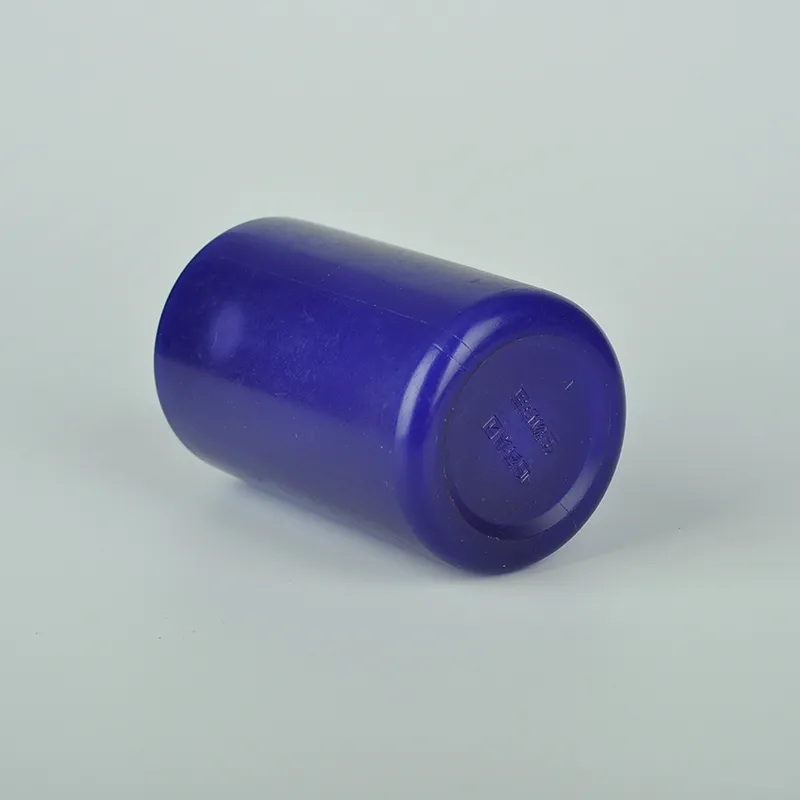Plastic Sample Vials for Efficient Storage and Easy Identification of Lab Materials
The Growing Popularity of Plastic Sample Vials A Comprehensive Overview
In recent years, the use of plastic sample vials has become increasingly popular across various industries, including pharmaceuticals, environmental testing, and food safety. These versatile containers offer numerous advantages, making them a go-to choice for researchers and professionals alike. This article delves into the reasons behind the rising popularity of plastic sample vials, their applications, benefits, and considerations for use.
Understanding Plastic Sample Vials
Plastic sample vials are small containers typically used for storing, transporting, and analyzing samples of liquids or solids. They are often designed to be both sterile and lightweight, making them ideal for a range of scientific and industrial applications. Common materials for plastic vials include polyethylene (PE), polypropylene (PP), and polystyrene (PS), which provide different levels of chemical resistance, clarity, and durability.
Advantages of Plastic Sample Vials
1. Lightweight and Durable One of the most significant advantages of plastic sample vials is their lightweight nature, which facilitates easier handling and transport. Unlike glass, plastic vials are less likely to break, reducing the risk of contamination and loss of sample.
2. Cost-Effective Plastic vials are generally more affordable than their glass counterparts, making them a cost-effective choice for laboratories and industries that require large quantities of sample storage.
3. Chemical Resistance Depending on the type of plastic used, these vials can be highly resistant to a wide range of chemicals, ensuring that samples are protected from degradation or reactions during storage.
4. Variety of Designs Plastic sample vials come in numerous sizes and designs, catering to the specific needs of different applications. From screw-cap vials to snap-cap options, users can choose the best fit for their sample type.
5. Sterilization Many plastic vials can be sterilized through methods such as autoclaving, ensuring that they meet the necessary cleanliness standards required in sensitive applications like pharmaceuticals or microbiological testing.
Applications Across Industries
Plastic sample vials are utilized in various sectors, demonstrating their versatility
sample vials plastic

- Pharmaceuticals In the pharmaceutical industry, plastic vials are used for storing drug samples, biological specimens, and research materials. Their ability to maintain sample integrity is crucial for accurate testing and analysis.
- Environmental Testing For environmental assessments, such as water quality testing, plastic sample vials are employed to collect and store samples safely until analysis can be performed. Their resistance to contaminants is essential in these applications.
- Food and Beverage Safety The food industry often uses plastic sample vials for testing food samples to ensure safety and compliance with regulations. These vials help prevent contamination and degradation of the samples being tested.
- Clinical Labs In clinical laboratories, pre-packaged plastic sample vials are commonly used for blood, urine, and other bodily fluid collection. Their convenience and sterility make them a preferred choice for healthcare professionals.
Considerations for Use
While plastic sample vials offer many benefits, there are certain considerations to keep in mind
- Chemical Compatibility Users must ensure that the type of plastic chosen is compatible with the substances being stored. For instance, some solvents or reactive materials can degrade certain types of plastic.
- Temperature Resistance Depending on the application, it’s important to consider the temperature range that the plastic vial can withstand, particularly in scenarios involving freezing or heating.
- Environmental Impact With growing concerns about plastic waste, opting for eco-friendly or recyclable plastic vials can help mitigate environmental impacts. Many manufacturers are increasingly producing vials made from recyclable materials.
- Storage Duration While plastic vials are suitable for short to medium-term storage, some samples may require glass vials for long-term preservation due to potential leaching or absorption issues associated with certain plastics.
Conclusion
Plastic sample vials have proven to be an indispensable tool in various fields, offering convenience, affordability, and versatility. As industries continue to evolve, the demand for innovative solutions like plastic vials is likely to grow. With careful consideration and appropriate usage, these containers can effectively serve the needs of laboratories and businesses while ensuring sample integrity and safety.
-
Aesthetic Makeup Spray Bottles | Fine Mist Empty RefillableNewsAug.19,2025
-
White Plastic Veterinary Vaccine Vials | Lab Liquid BottlesNewsAug.18,2025
-
Plastic Medicine Liquid Bottle: Secure Flip Top Drug VialsNewsAug.17,2025
-
Durable 250ml Blue Plastic Vaccine Vial for Lab & Vet UseNewsAug.16,2025
-
Sterile Virus Sample Tubes: Secure & Reliable Specimen CollectionNewsAug.15,2025
-
White 250ml Plastic Vaccine Vial for Lab & Vet MedicineNewsAug.14,2025
























